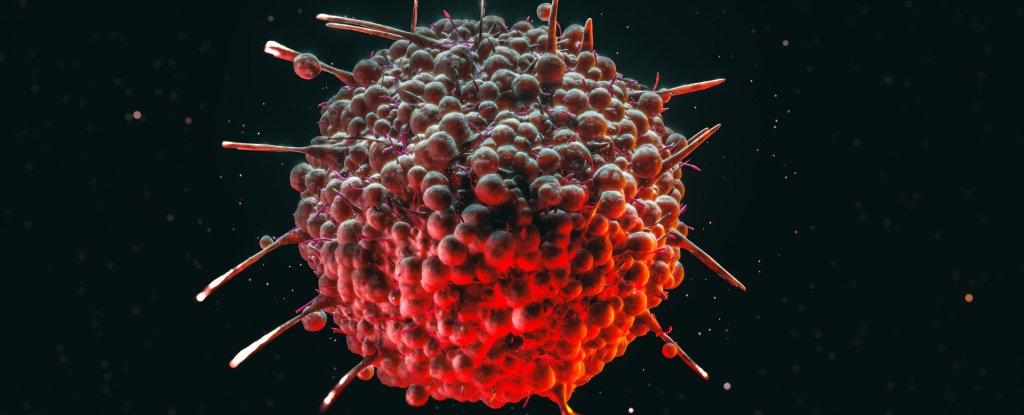ARTICLE AD
A shocking amount plastic has found its way into our brains, research finds. In a new paper, scientists report that brain samples taken from cadavers had an average of 0.48% of their weight made up of microplastics, meaning pieces of plastic that are smaller than 5 millimeters.
The study has yet to undergo peer review; it’s hosted online as a preprint on the National Library of Medicine website.
“It’s pretty alarming,” Matthew Campen, a professor at the University of New Mexico who led the research, told The Guardian. “There’s much more plastic in our brains than I ever would have imagined or been comfortable with.”
The researchers analyzed autopsy samples of human livers, kidneys, and the frontal cortex of brains taken from a medical examiner’s office in Albuquerque, New Mexico, between 2016 and 2024. Over that eight-year stretch, they found that the levels of plastics in every organ had risen, but most alarmingly in the brain, where the amount of plastic found in 2024 was, on average, 50% higher than in 2016. The presence of plastics in the recent brain samples was “substantially higher” than in the livers and kidneys, ranging from seven to 30 times what was found in the other organs.
The most common plastic found in the organs was polyethylene, the polymer that is commonly used to make plastic bags and bottles. “Results demonstrate that (micro and nanoplastics) are selectively accumulated into the human brain and concentrations are rising over time,” the researchers wrote.
Previous studies have found the particles in the brains of fish, causing them to act erratically, so it was known this accumulation could happen to humans, too—but exactly how much was getting into our gray matter was up for debate.
Microplastics have been linked to a slew of health problems, including neural disorders. One review of medical literature determined they were linked to numerous chronic diseases, DNA damage, organ dysfunction, metabolic disorders, and negative effects on immune response.
The researchers noted that the rise in microplastics over time aligns with a global increase in the rates of Alzheimer’s disease and other dementia conditions. “I don’t know how much more plastic our brain can stuff in without it causing some problems,” Campen said.
The small plastics have been found in many goods that humans put into their bodies, including (but not limited to) toothpaste, beer, honey, salt, sugar, as well as both tap and bottled water. That’s not even counting the invisible plastic particles in the air, which we regularly breathe in. And there are other surprising effects: one study indicated microplastics could be affecting the weather.

 3 months ago
34
3 months ago
34 

